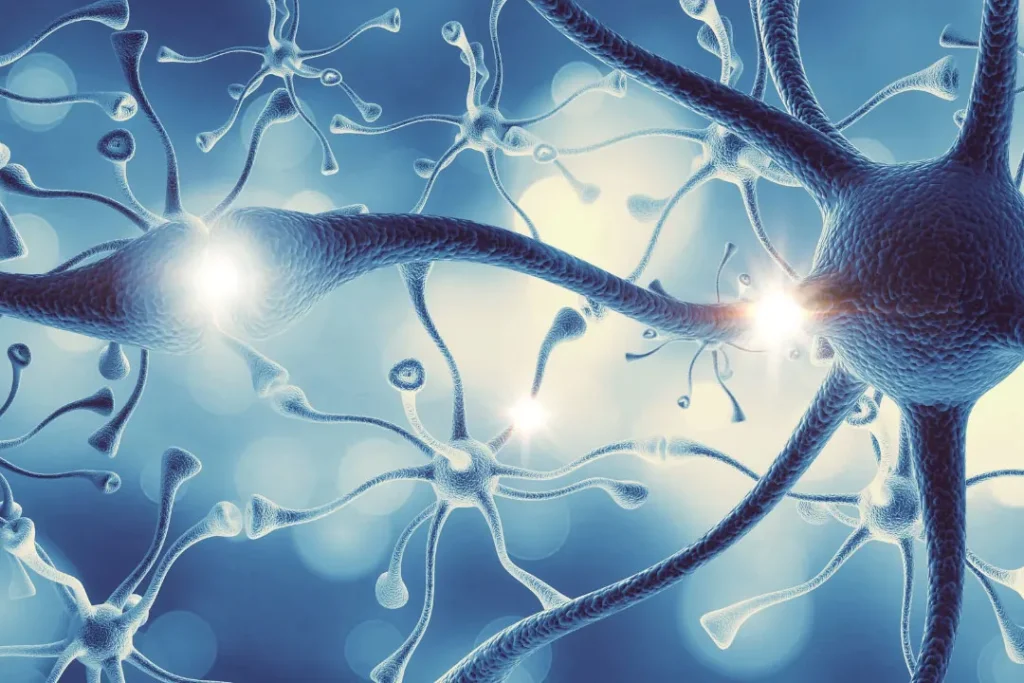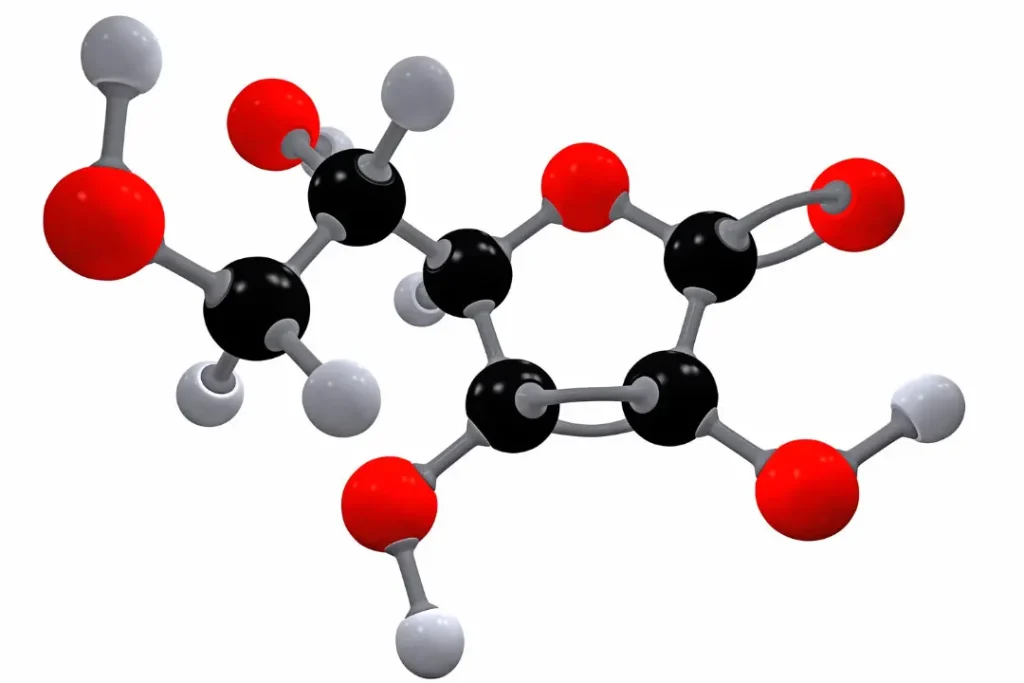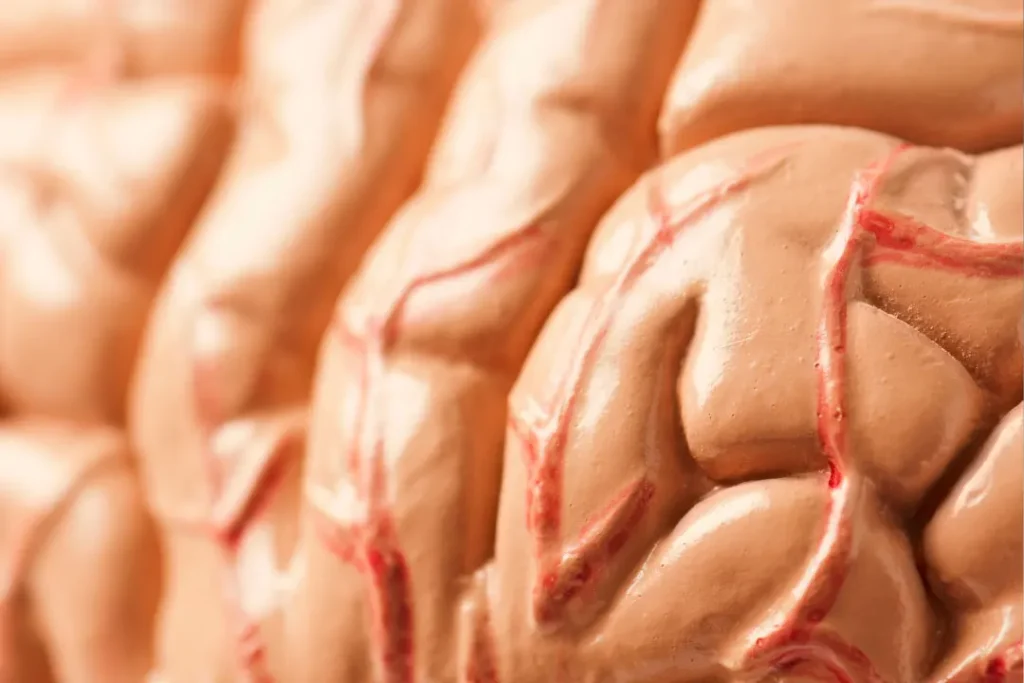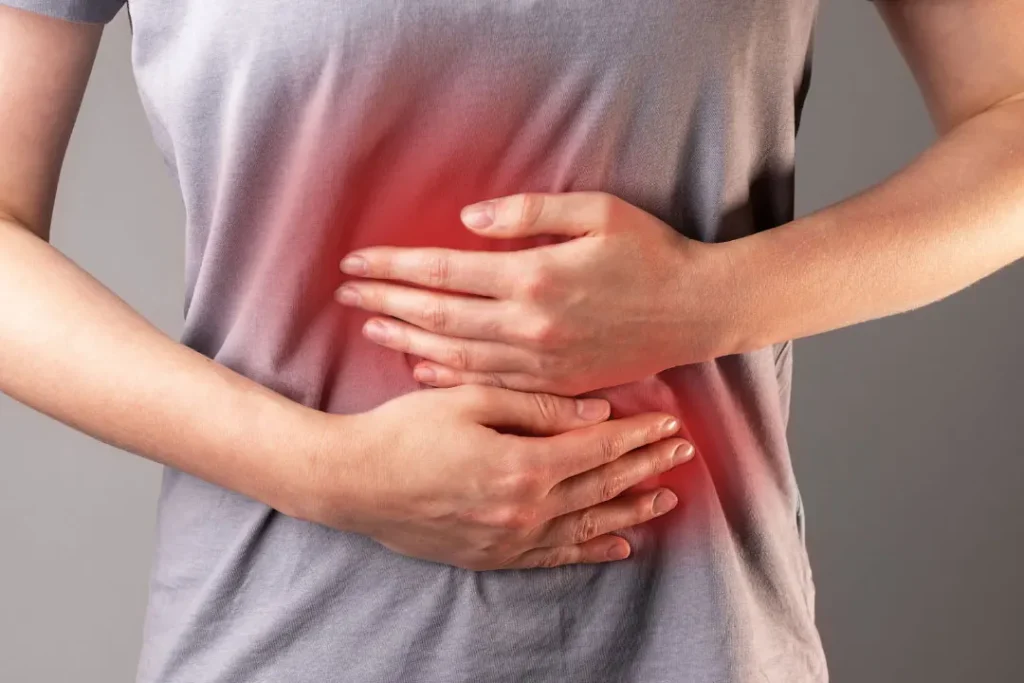Chrysin is a naturally occurring bioactive chemical that may be discovered in honey, propolis, and the extracts of a variety of plants. It is well-known for the possible medicinal advantages it may provide. It is a flavonoid, which means that it is an essential component of a group of polyphenolic chemicals that are highly regarded for the antioxidant, anti-inflammatory, and anticancer characteristics that they possess. This article will go further into the nature of Chrysin, including its possible health advantages, the appropriate dose, potential adverse effects, potential drug interactions, and responsible use.
You May Also Like:
DELTA BrainLuxury™ Wins Best Sleep Support Supplement Product
The 5 Types of Brain Waves and How You Can Use Them to Maximize Performance
Chrysin: Benefits, Dosage, Side Effects, Drug Interactions, and Other Important Information is an original (NootropicsPlanet) article.
Nature of Chrysin
Chrysin is a flavone, which is a subclass of flavonoids, which are commonly known for the positive impacts they have on one’s health. Its chemical name is 5,7-dihydroxyflavone.
It is a naturally occurring substance that has a distinct chemical structure that consists of three rings: two phenolic rings, which are designated by the letters A and B, and one heterocyclic ring, which is referred to as the C-ring. Its antioxidant qualities are attributed, in part, to the fact that the A-ring contains two hydroxy groups, one each in position five and position seven.
Health Benefits of Chrysin
Chrysin is popular for its potential applications in medicine, supported by significant amounts of study and ratification in the scientific community. The majority of its positive effects on health are driven by its potent antioxidant, anti-inflammatory, and anti-cancer characteristics.
- Antioxidant Effects: Chrysin’s antioxidant potential derives from its capacity to neutralize damaging free radicals in the body, therefore minimizing oxidative stress and the damage that it causes to cells and tissues. Chrysin also has the power to reduce inflammation in the body. Additionally, it has anti-inflammatory properties, which are shown by preventing the synthesis of cytokines that contribute to inflammation and by modifying numerous different inflammatory pathways.
- Anticancer Benefits: Chrysin has been the subject of many investigations, and these studies imply that it likely contains anticancer benefits. It is possible for it to suppress the growth of certain cancer cells as well as cause apoptosis, which is an essential procedure for avoiding the spread of cancer since it is a planned cell death.
- Neuroprotective Effects: Recent findings suggest that Chrysin may have a function to play in warding off neurodegenerative disorders. It may lessen the damage done to the brain by lowering the levels of oxidative stress and inflammation in neural tissues, both of which are important processes that are linked to illnesses such as Alzheimer’s disease and Parkinson’s disease.

The Chemistry of Chrysin
Chrysin is an example of a naturally occurring flavone, which belongs to a subgroup of flavonoids known as chalcones and is distinguished by the presence of a 15-carbon skeleton structured in a C6-C3-C6 structure. The presence of two hydroxy groups at the 5th and 7th positions of the A-ring is indicated by the molecule’s chemical name, which is written as 5,7-dihydroxyflavone. Because of its one-of-a-kind structure, the protein Chrysin has the potential to donate hydrogen atoms to free radicals, which enables it to demonstrate powerful antioxidant characteristics.


Active Physiological Mechanisms of Chrysin
Chrysin has a sizable variety of beneficial effects for one’s health, the most notable of which are its antioxidant, anti-inflammatory, anticancer, and neuroprotective qualities. For the sake of maximizing its therapeutic potential, It is paramount that you understand the processes behind these actions.
- Antioxidant Mechanism: Chrysin’s capacity to scavenge free radicals is the mechanism behind its antioxidant effect. Chrysin also helps prevent oxidative damage. This technique is made easier by the presence of hydroxy groups, which are able to contribute hydrogen atoms to potentially dangerous reactive species. Because of this, oxidative damage to cells and tissues is prevented.
- Anti-Inflammatory Mechanism: Chrysin can leverage its anti-inflammatory effects due to it ability to influence a variety of signaling pathways that are involved in the inflammatory response. It does this by preventing the synthesis of cytokines that contribute to inflammation and by blocking the activation of transcription factors such as nuclear factor-kappa B (NF-kB), which leads to a reduction in inflammation.
- Anticancer Mechanism: Chrysin’s anticancer actions are thought to be mediated by multiple different mechanisms. It can trigger apoptosis in cancer cells, which is the programmed death of cells, as well as decrease cell growth and prevent tumor invasion and metastasis. Chrysin can influence distinct signaling pathways, which in turn regulate the growth, differentiation, and survival of cells.
- Neuroprotective Mechanism: Chrysin may have neuroprotective benefits due to the antioxidant and anti-inflammatory qualities that it has. This may be the mechanism that underlies these effects. Oxidative stress and inflammation in brain tissues, two key processes thought to have a role in neurodegenerative illnesses, may both be mitigated by this compound. Chrysin may potentially regulate signaling pathways, which are important facets in neuronal survival and death, according to the findings of several investigations.
These modes of action provide insight on the therapeutic potential of Chrysin as well as its uses in the treatment of health and illness. However, in order to clarify these pathways completely and the consequences that they have for human health, further study is necessary.


Optimal Dosage of Chrysin
The ideal dose of Chrysin is determined by a number of variables, the most important of which are:
- The current state of your health
- Your particular health issue that you’re attempting to treat
When it comes to animal models, the dose, on the other hand, fluctuates anywhere from 0.1 to 50 mg/kg of body weight in the majority of research investigations. More research and standardization are necessary before the dose may be applied to humans, but it is generally believed that 400mg-doses can aid intestinal issues. Nevertheless, it is crucial to see a healthcare expert in order to determine the proper dose according to the specific requirements of one’s health.


Side Effects of Chrysin
Chrysin shouldn’t pose a health risk to the vast majority of people. On the other hand, just like any other substance, it has the potential to have negative consequences in certain people, which is why you ought to approach use of Chrysin cautiously, just like any other chemical supplement or remedy.
One of the possible adverse effects is discomfort in the gastrointestinal tract, which may manifest as nausea, bloating, or diarrhea.


Potential Substance Interactions
Chrysin has the potential to interact with various medicines, which might reduce the effectiveness of those drugs. Certain cytochrome P450 enzymes, which are essential for the metabolism of drugs, may be inhibited by it.
As a consequence of this, Chrysin has the potential to interfere with the metabolism of medications that are substrates for the enzymes in question, which might result in higher drug concentrations as well as negative side effects. It is also a well-known estrogen blocker, so abundant caution should be used when using Chrysin for that reason.
Responsible Usage
It is essential to use Chrysin responsibly, just as it is with any other dietary supplement. If you have an underlying medical condition or are already on medication, you should discuss your options with a qualified medical professional before you begin taking Chrysin supplements. It is also recommended to do routine monitoring to look for any possible adverse effects.
Chrysin: Conclusion
Chrysin is a powerful chemical that has a strong placement in the world of preventative medicine and supplements. With the right approach, you can try gradually introducing deliberate doses into your diet to reduce inflammation, improve antioxidant counts, and deter cancerous formations.
Remember, as helpful as Chrysin can be for you, it may also introduce complications in your body if collided with certain enzymes that can’t break it down, leading to a prolonged duration of drug presence and even drug toxicity if not closely monitored. do your due diligence, consult periodically with your doctor, and build a plan with Chrysin that works for you.
References:
- “Neuroprotective Effects of Chrysin: From Chemistry to Medicine.” Retrieved From: https://pubmed.ncbi.nlm.nih.gov/26386393/#:~:text=Chrysin%20possesses%20potent%20neuroprotective%20effects,and%20epilepsy%20have%20been%20reported.
- Chrysin (Synonyms: 5,7-Dihydroxyflavone). Retrieved From:https://www.medchemexpress.com/Chrysin.html?utm_source=google&utm_medium=CPC&utm_campaign=Others&utm_term=HY-14589&utm_content=Chrysin&gclid=CjwKCAjwg-GjBhBnEiwAMUvNW2dSMhpkwLe82fvZ5j4DxIV5jg6MQfkTlV0NFwLHF9pRYpd95FGGPxoC74YQAvD_BwE
- A Comprehensive Review on Therapeutic Potential of Chrysin in Brain Related Disorders. Retrieved From: https://pubmed.ncbi.nlm.nih.gov/35657041/
Important Note: The information contained in this article is for general informational purposes only, and should not be construed as health or medical advice, nor is it intended to diagnose, prevent, treat, or cure any disease or health condition. Before embarking on any diet, fitness regimen, or program of nutritional supplementation, it is advisable to consult your healthcare professional in order to determine its safety and probable efficacy in terms of your individual state of health.
Regarding Nutritional Supplements Or Other Non-Prescription Health Products: If any nutritional supplements or other non-prescription health products are mentioned in the foregoing article, any claims or statements made about them have not been evaluated by the U.S. Food and Drug Administration, and such nutritional supplements or other health products are not intended to diagnose, treat, cure, or prevent any disease.
